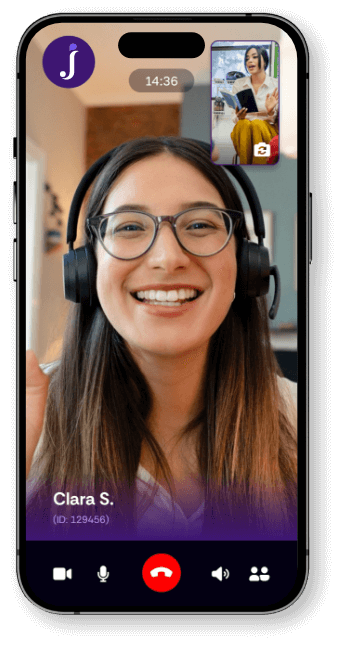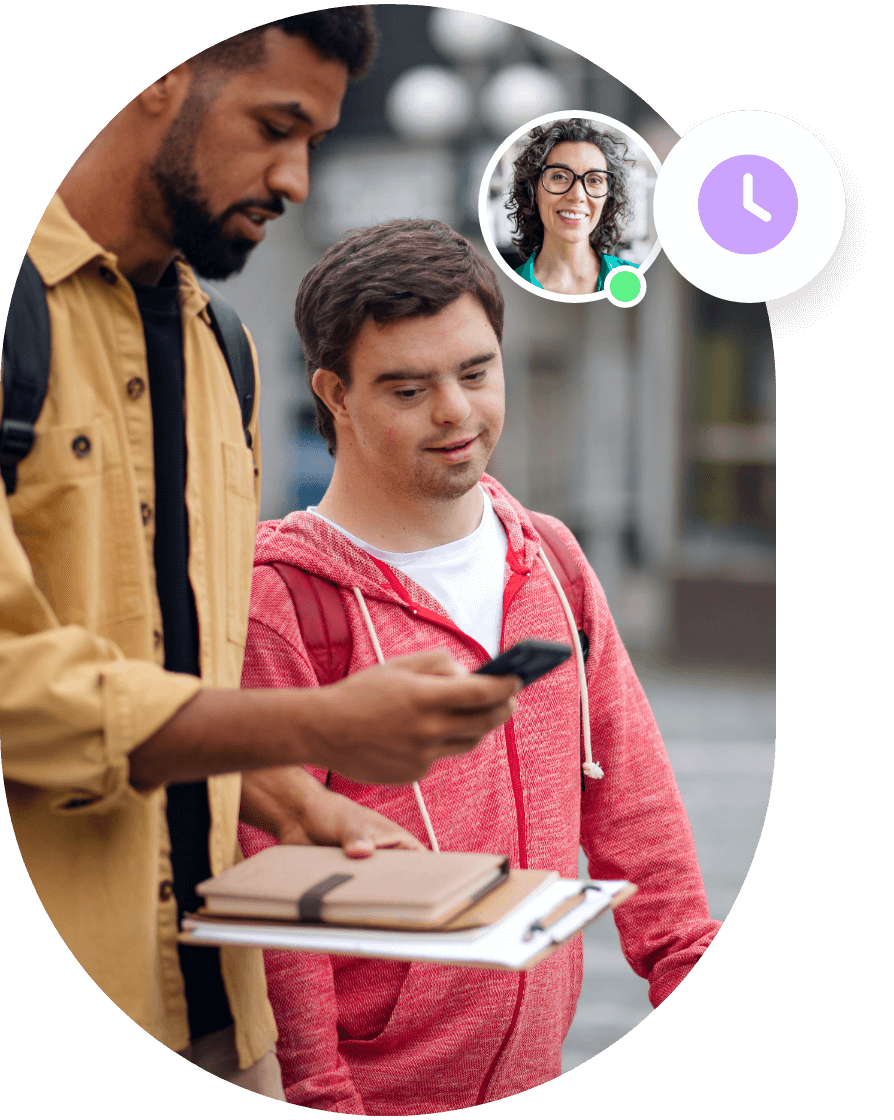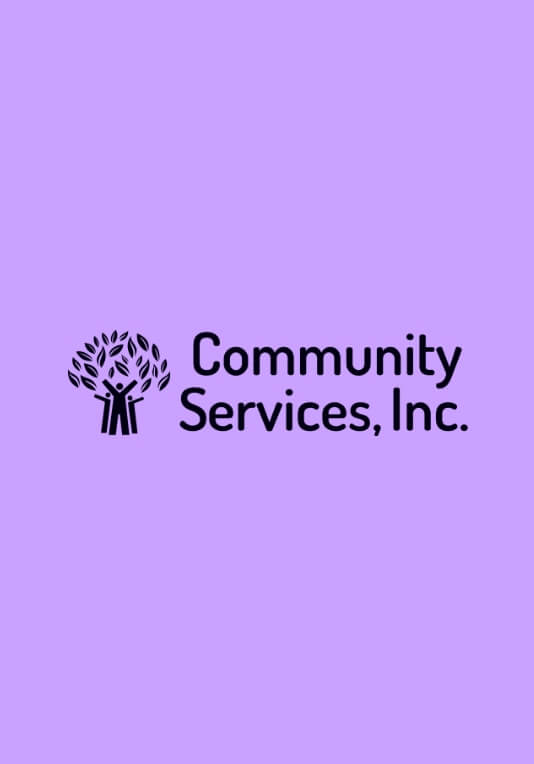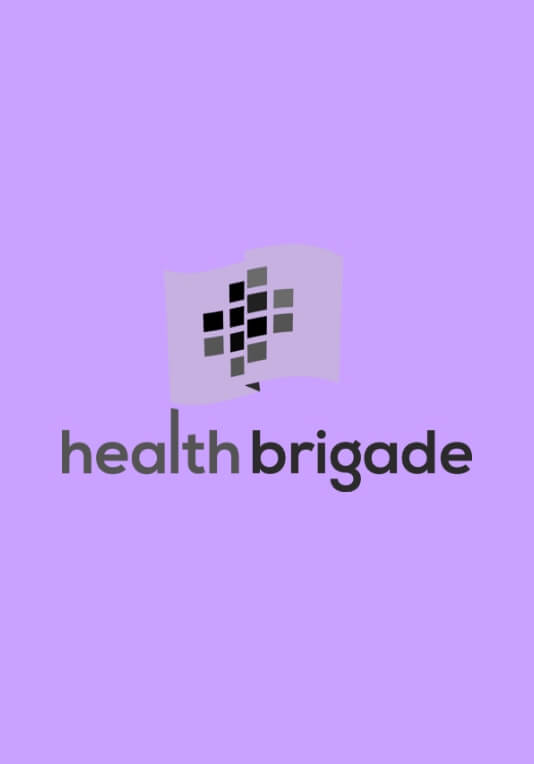Language should never be a barrier to any student’s learning.











When educators need to teach subject matter or deliver individualized learning plans to students who don’t speak proficient English, or need to speak to parents who are not proficient in English, Jeenie is the reliable interpreting platform that will work in the classroom or travel to the home visit to ensure everyone can be involved in a student’s learning journey.




Our global network of over ten thousand linguists bring care, compassion, and cultural sensitivity to every conversation.
As the industry's first Direct-To-Interpreter solution, we personally vet interpreters for industry certifications, skill proficiency, and the highest standards of service.


Access interpreters on-demand for in-the-moment assistance or pre-schedule a session.
Jeenie works 24x7 on any device, supporting barrier-free communication across in-person, virtual, and hybrid learning modalities so you don’t have to postpone critical conversations or home visits that a child’s learning might depend on.
Our platform offers the most comprehensive catalog of languages, leaving no student behind.
With our trusted network of interpreters, including qualified ASL and CDI interpreters for the Deaf and Hard of Hearing, the opportunity for valuable learning is not missed.


Every school district is distinct. Pay as you go for the most flexibility or pick a plan that adds scale and savings for your budget and classroom needs.

The educational interpreter was efficient and professional. It was a pleasant experience for the parent under difficult circumstances –thank you!

Jeenie… Another word is genius. I used Jeenie and I was literally shocked: With a tap of your finger, somebody’s available.
My experience with their academic translation services was very smooth, and they were available very fast… less than five seconds.

Increased understanding and participation lead to better academic outcomes.
Accurate communication fosters stronger teacher-student relationships and clearer instruction.
Increased parental involvement in school activities and decision-making drives better overall student performance in the class and at home.
Ensuring language access supports compliance with federal and state education accessibility regulations.
Yes! Schools, districts, and universities can use Jeenie in a variety of ways to support students and communicate with families.
In K-12 schools, one of the most common uses is for parent-teacher conferences or meetings. If a parent isn’t fluent in English, the teacher or school counselor can use Jeenie to get an interpreter (on speakerphone or via a tablet) so the conversation can happen smoothly in the parent’s language. This is much easier than trying to schedule an in-person interpreter for every meeting.
Schools also use Jeenie for things like IEP (Individualized Education Program) meetings, disciplinary discussions, enrollment and registration days, or even impromptu conversations when a parent shows up unexpectedly and needs assistance. For students, schools can use Jeenie if a newly arrived student needs help communicating until they pick up more English – e.g., a nurse’s office call to a parent in another language, or helping a student in counseling sessions.
In higher education (colleges/universities), international student offices might use Jeenie to assist students or parents during orientation, financial aid discussions, or campus services. Universities hosting events or workshops for visiting scholars could provide interpretation via Jeenie in multiple languages.
Also, adult education or community education programs can use Jeenie to include non-English speakers in classes by providing interpretation for lectures or instructions.
Essentially, Jeenie can be integrated anywhere in education where language barriers arise – it ensures that language is never a reason a student or parent is left behind. And since it’s on-demand, educators can focus on teaching and supporting, knowing language help is a tap away when needed.
Definitely. Jeenie covers all the major languages that schools in multilingual communities frequently encounter.
For instance, in many U.S. school districts, the most common needs are Spanish, Mandarin Chinese, Vietnamese, Arabic, Tagalog, French/Haitian Creole, and Portuguese – Jeenie has interpreters ready in all of those and many more.
Additionally, as school populations diversify, languages like Swahili, Somali, Urdu, Nepali, Hmong, Pashto, etc., are increasingly in demand; those are all within Jeenie’s language roster.
The platform even supports less common dialects that might be present in a student population (for example, indigenous languages of Central America spoken by some students’ families – Mam, Mixteco, etc. – which Jeenie can provide interpreters for).
Importantly, American Sign Language (ASL) is also available through Jeenie, which is crucial for schools meeting obligations to Deaf or hard-of-hearing students and parents.
By having such a wide range, a school or college can rely on one service (Jeenie) for virtually any language that comes through its doors, rather than juggling multiple agencies or hoping bilingual staff can cover. Jeenie’s availability of these languages is 24/7, so even if a parent calls a teacher in the evening with a question, the teacher could loop in an interpreter then and there.
In summary, Jeenie absolutely has the languages schools need regularly, and likely any language a school might occasionally need as well. This comprehensive coverage helps educational institutions ensure “no student (or parent) is left behind” due to language, fulfilling the promise of equal access to education.
Without a doubt, Jeenie can provide qualified ASL interpreters on-demand for educational settings.
If a Deaf or Hard-of-Hearing student needs interpretation in a meeting or a class (for remote/virtual settings), or if a Deaf parent needs an interpreter for a school event, Jeenie can supply one via video. All Jeenie ASL interpreters follow the NAD/RID Code of Professional Conduct, ensuring they meet the standards required in educational environments.
For instance, a school could use Jeenie’s ASL service during a parent-teacher conference by setting up a laptop or tablet so the parent can see the interpreter signing. In cases of remote learning or webinars, an ASL interpreter from Jeenie can be pinned or spotlighted on the screen for Deaf participants. While in-person ASL interpreters are often used in schools, there are times when one might not be available (say, a last-minute meeting or a rural district with limited local interpreter access) – Jeenie is an excellent fallback or supplement in those cases.
It’s also useful for extracurricular events: maybe a Deaf family wants to attend a school webinar on college prep; the organizers can have a Jeenie ASL interpreter on the call.
Keep in mind, for lengthy classroom interpretation or one-on-one instruction, consistent scheduling might be ideal (and Jeenie can help schedule the same interpreter if needed). But for on-demand or surprise needs, Jeenie’s ASL support is a game-changer. It allows schools to be inclusive and compliant with accessibility laws without a lot of advanced logistics, thereby supporting Deaf students and families seamlessly.
Connect with our experienced team to explore education solutions and catch a quick demo of our platform.